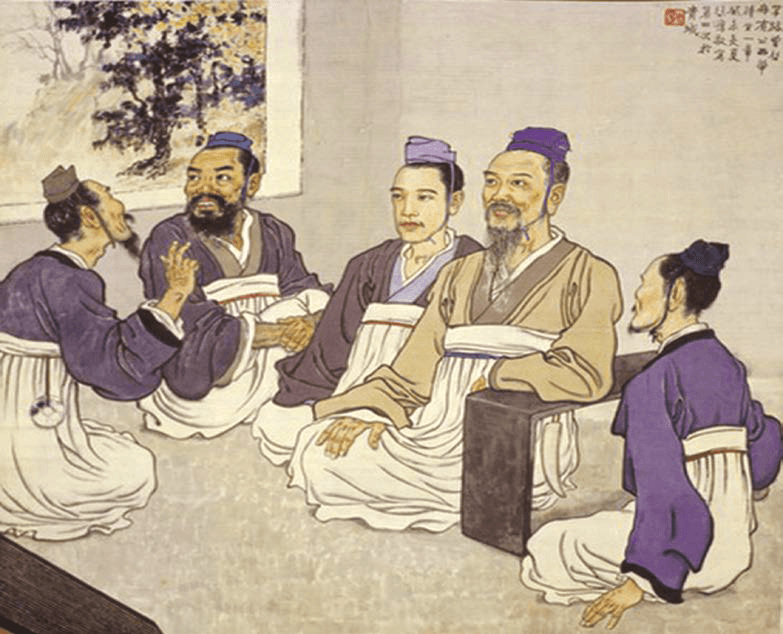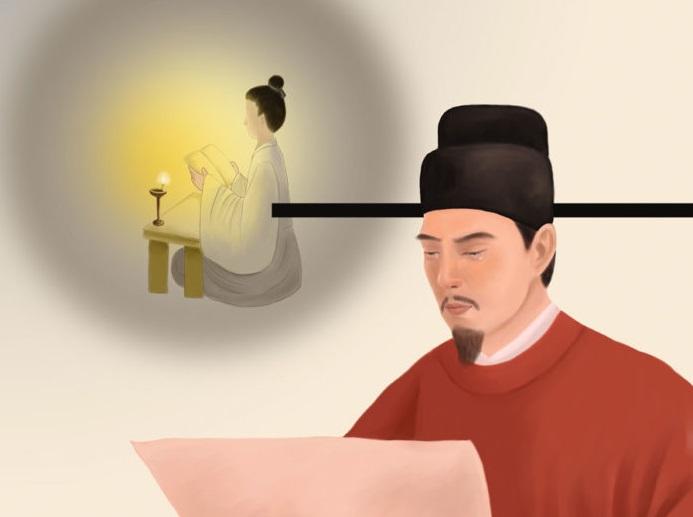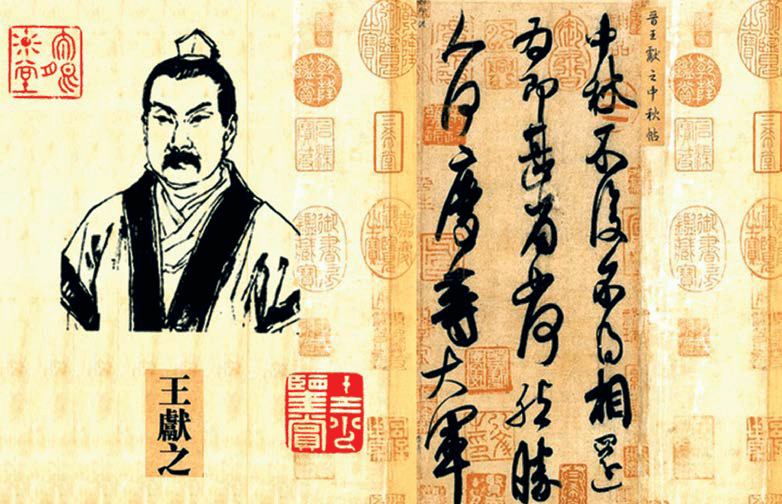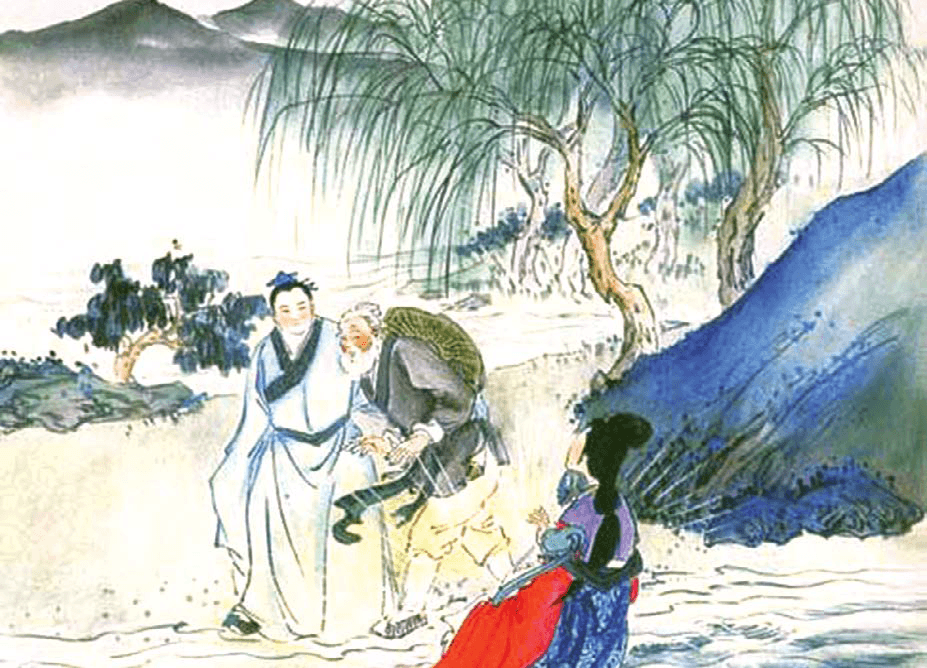The “Standards for Being a Good Student and Child” (Di Zi Gui) is a traditional Chinese textbook for children that teaches children morals and proper etiquette. It was written by Li Yuxiu in the Qing Dynasty, during the reign of Emperor Kang Xi (1661-1722). In this series, we present some ancient Chinese stories that exemplify the valuable lessons taught in the third chapter of Di Zi Gui—“Caution in Daily Life.”
It is said in the Di Zi Gui:
Rise early in the morning, And sleep late at night. Age comes quickly, So treasure this hour.When we realize that time is passing us by and cannot be turned back, we should especially treasure the present moment.





